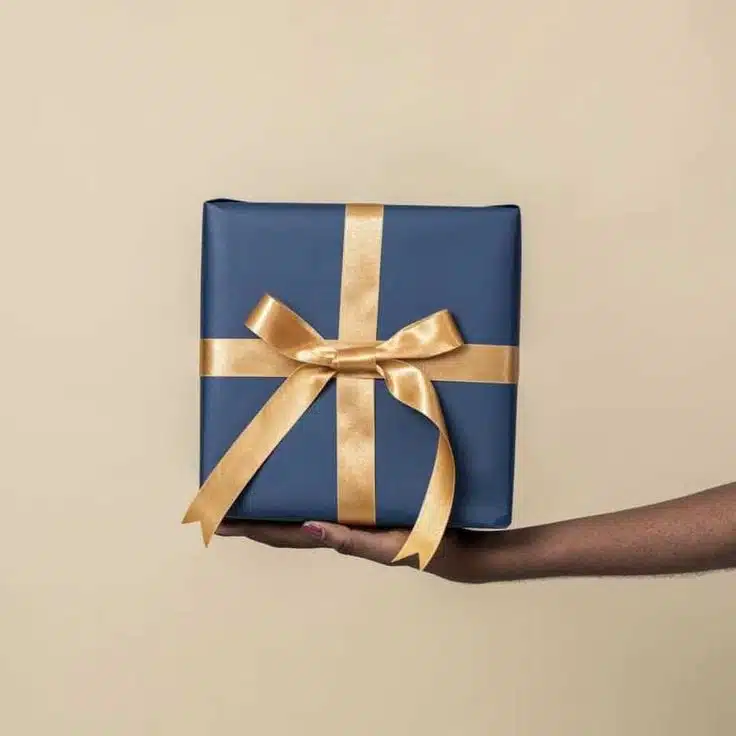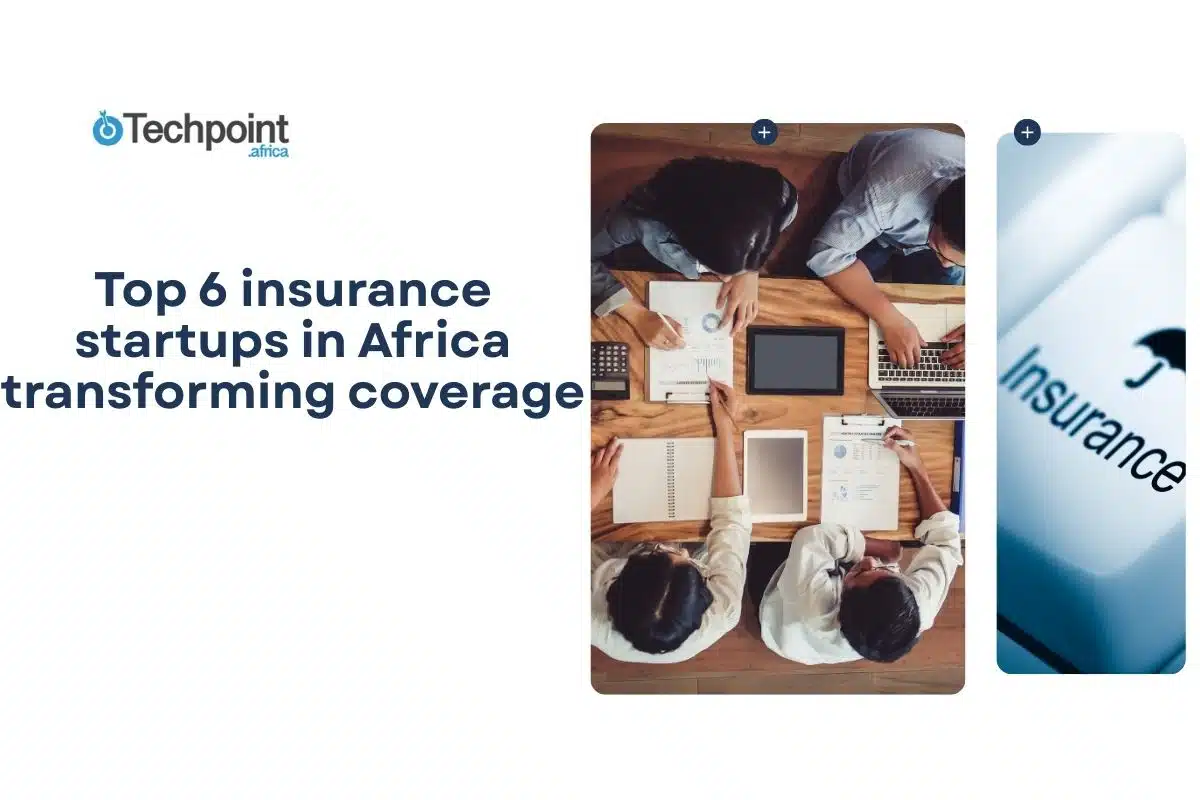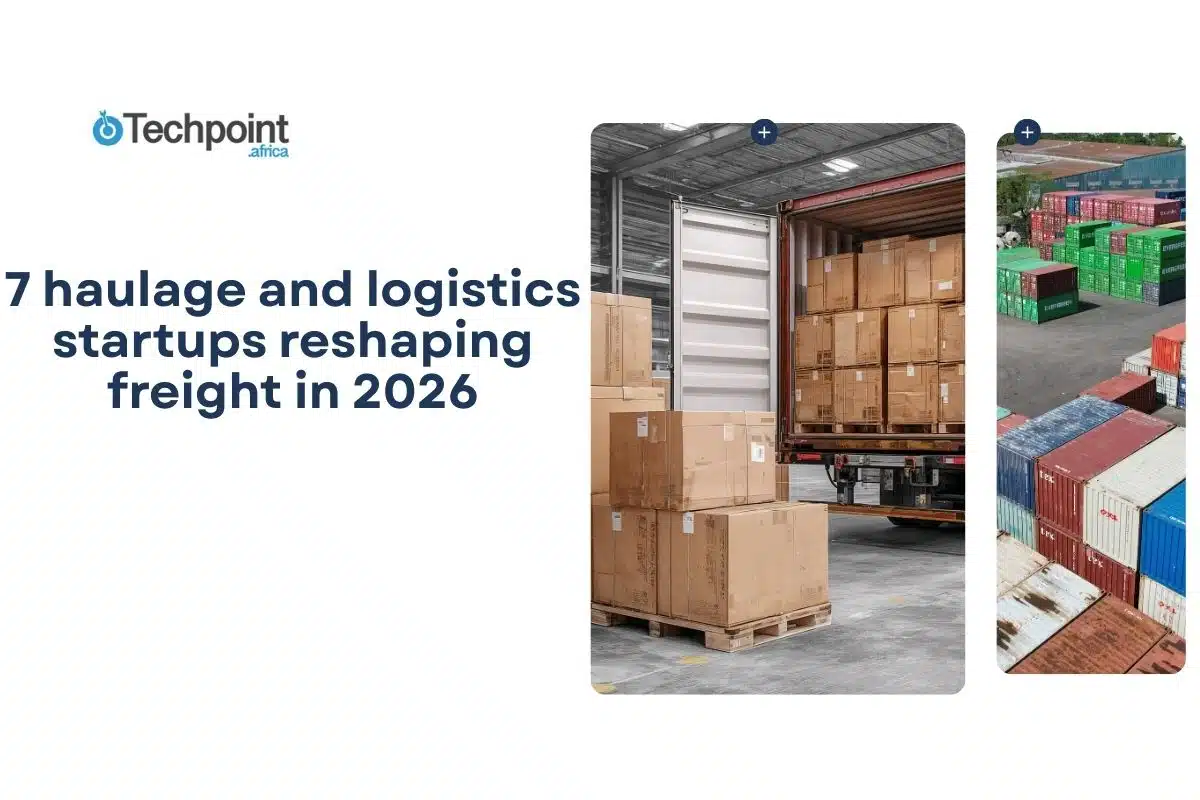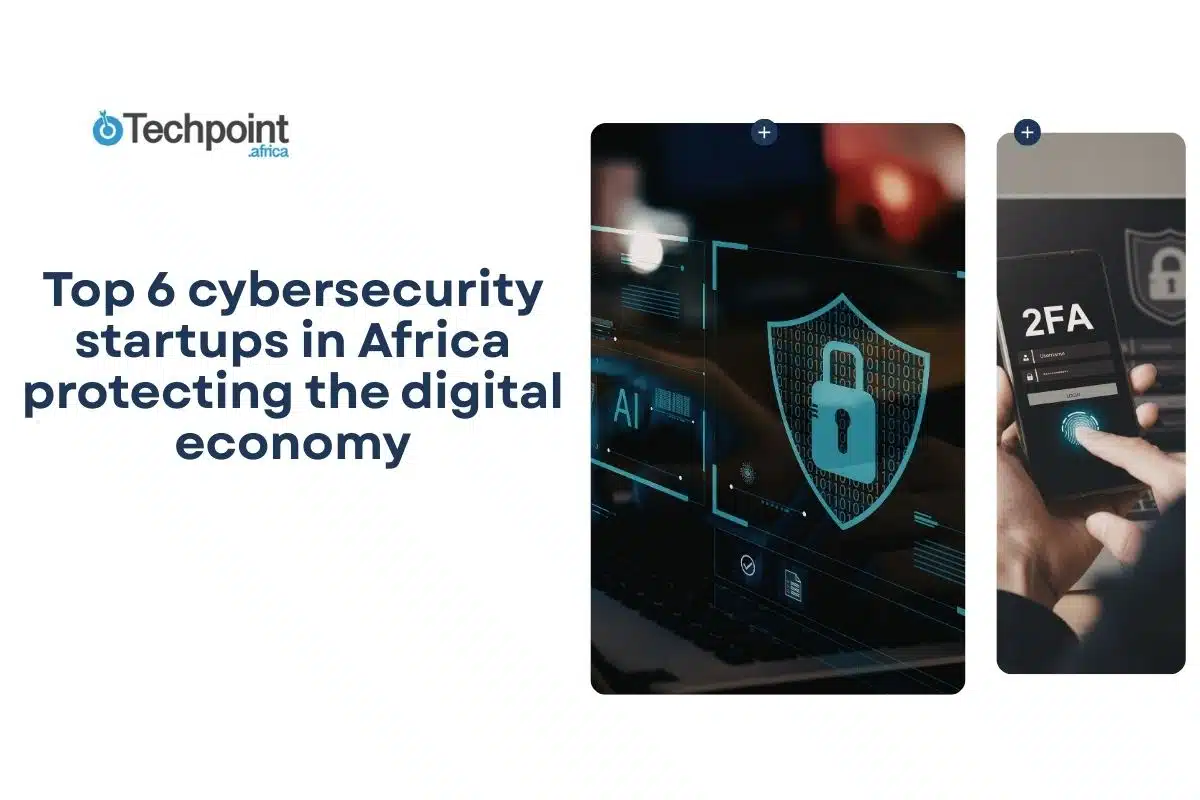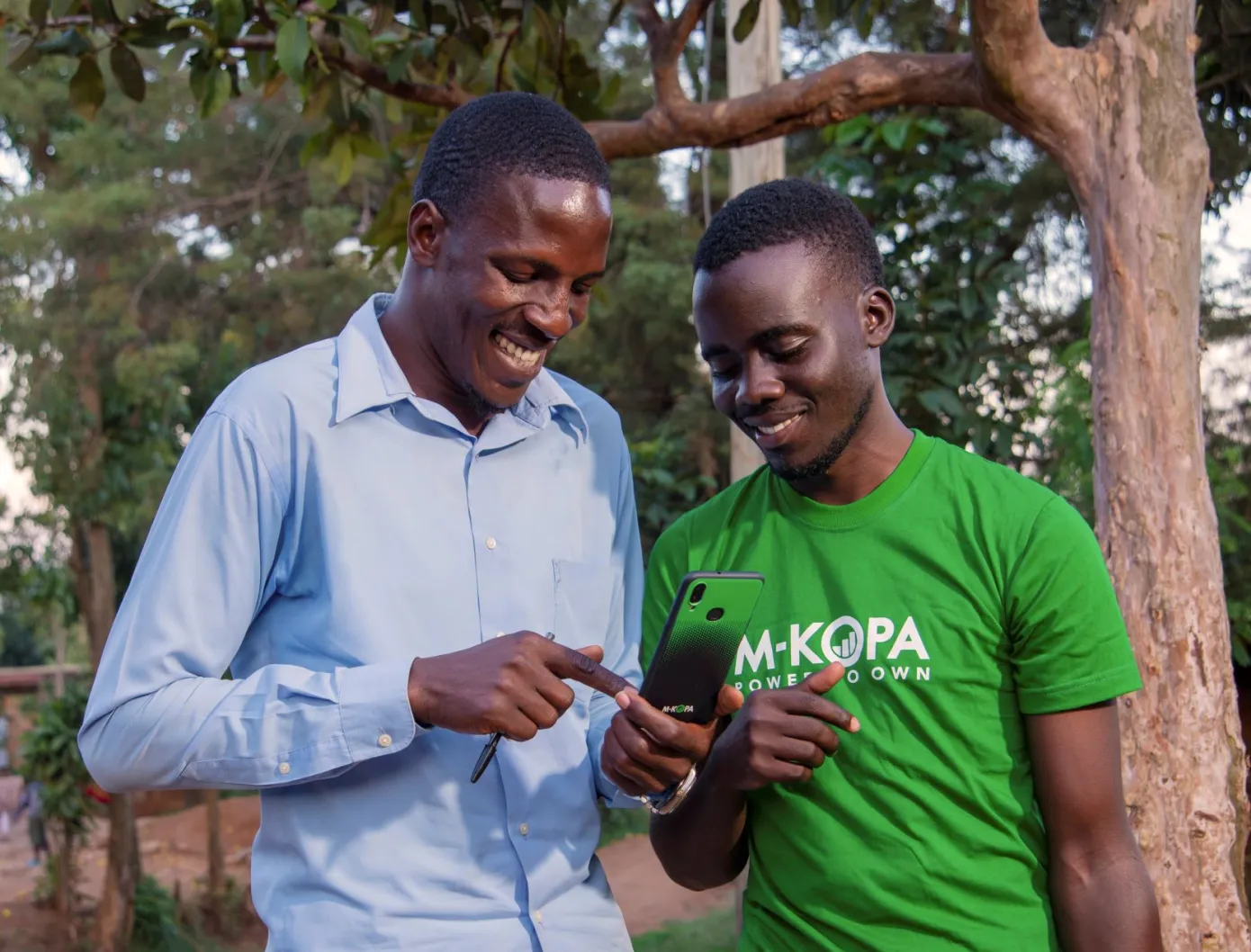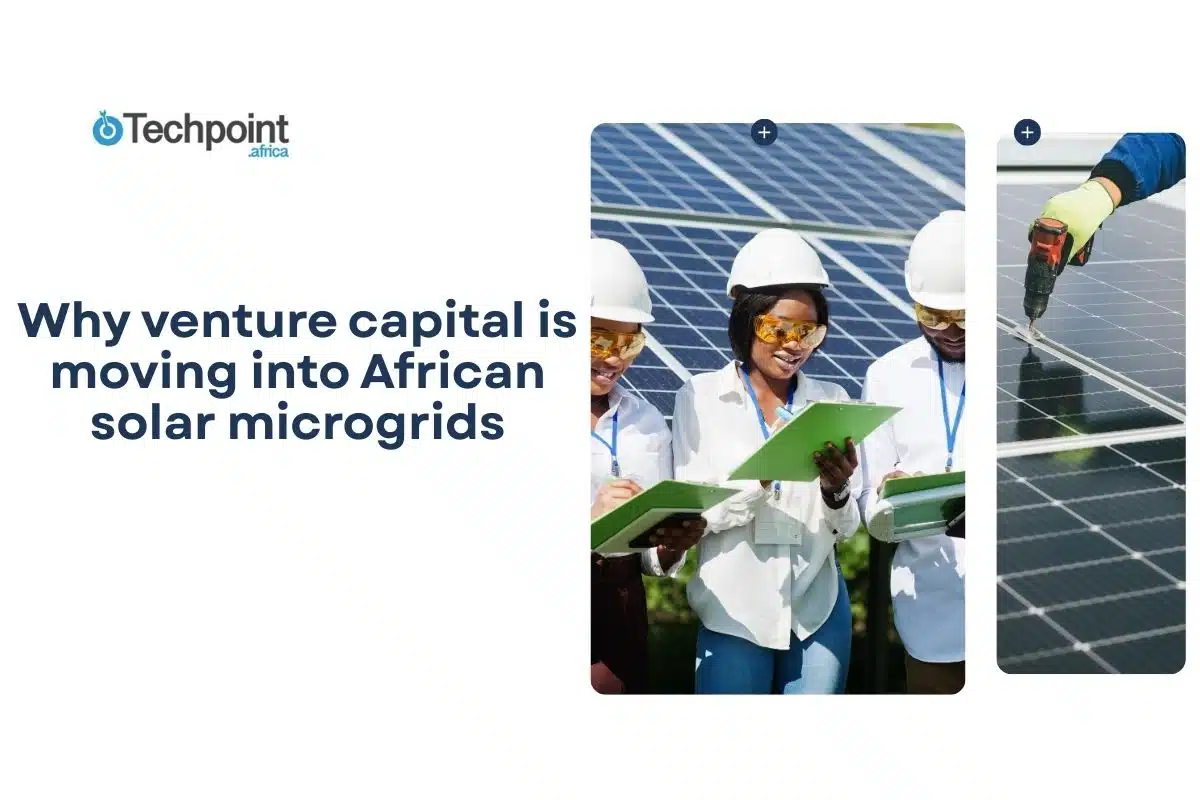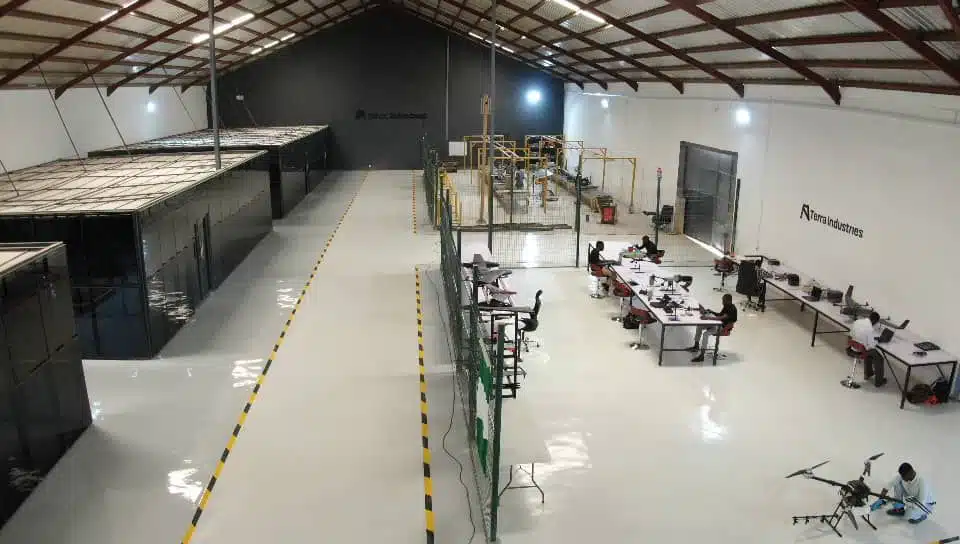Chris*, a computer science student at Makerere University, Uganda, had been working without a laptop for quite some time, until a stranger on an app gave him a laptop for free.
Chris is one of many people who have received free items on Neibar, a social platform that helps people give away home, school, and workplace items they no longer need.
Across sub-Saharan Africa, 174 million tonnes of household solid waste were generated in 2016, with projections rising to 244 million tonnes by 2025. But despite 70% to 80% of that waste being recyclable, just 4% actually gets recycled.
Founded by Roland Namwanza, a software developer, Neibar proffers a path for pre-owned items that does not lead to waste dumps and landfills but circulates freely within communities.
Namwanza tells Techpoint Africa that it was difficult to ignore the wastefulness co-existing with the apparent need in his community. So, rather than creating another buy and sell platform, he wanted one where people could give without expecting money in return.
“We saw that there were quite a number of useful items that went unused, and yet in the area, people were struggling to get what they needed. So, we thought this would be the right moment to come up with something that ensures everything is put to good use,” he says.
How Neibar works
Neibar, currently available only as an Android app, is designed to allow users to list items they no longer need and offer them to others for free.
Since going public in July 2025, the platform has distributed a wide range of items, including household goods, office supplies, clothing, electronics, books, groceries, and university past exam papers.
“We have 25 items so far that people have given out and received. A lot of them are from the university. Students use it to give out past papers from previous semesters. For example, year one students can find these papers and pick them up.”

Victoria Fakiya – Senior Writer
Techpoint Digest
Make your startup impossible to overlook
Discover the proven system to pitch your startup to the media, and finally get noticed.
Users can also swap items if they wish, though the platform’s core principle remains that giving and receiving are entirely free.
When an item is listed, users are notified via email, and they can reserve it on a first-come, first-served basis. With the built-in messaging feature, the user who reserves the item and the giver can arrange a safe public meet-up location for the exchange.
To prevent users from reserving multiple items for commercial purposes, every user is limited to picking only two items per day.
“The reason behind this is that we want to have equal distribution of resources and ensure that everyone can have something,” Namwanza explains.
Target market and reach
Namwanza describes Neibar as a platform built for every community around the world.
“We are targeting everyone. If you are a high-income earner and can afford things in surplus, then it makes sense for you to put some things you don’t use on the platform so middle-income or low-income earners can get them for free.”
While most of Neibar’s 250 current users are in Uganda, where the pilot launched in December 2024, there are also users in Kenya, Nigeria, and South Africa. The platform has seen early traction in universities, where students share resources like laptops and study materials.
However, it has seen slow adoption in Western markets, primarily because there is currently no representative promoting it in the West.
A business model without money
Neibar is a completely free service.
“We wanted to build a system where there was no money involved. These days, everything is about money, but we want people to be able to give and receive freely.”
However, users have the option to contribute to and support the platform if they so desire.
Namwanza says that Neibar has not received any external funding and is not primarily concerned with that. The platform is currently bootstrapped, funded entirely by Namwanza’s funds from his job and minimal family contributions.
“At this point, my primary worry is not about money or funding; it’s about helping people. If we can get many people to sign up on the platform and use it to give freely, that would be great. If the money comes, that is a welcome bonus,” Namwanza says.
He adds that the plan is to expand to more urban areas and partner with local governments and NGOs to scale Neibar’s impact.
But, as simple as this model seems, challenges persist. Namwanza explains that it has proven difficult to change people’s mindsets regarding giving freely. Especially when there are other platforms where people can sell used items, the concept of giving those items out continues to be a major hurdle.
Also, for platforms like this, the need for money is unavoidable. For one, the web and mobile apps must be maintained, and as the platform expands to more markets and onboards more users, maintenance costs grow.
While Neibar’s business model is not venture capital-backable, other funding sources like grants from international and local NGOs might prove helpful.
Additionally, it could partner with corporate CSR programmes that align with its purpose. This way, while it maintains its resolve to remain a not-for-profit, it can be adequately funded to achieve its impact goals.
*— Not real name

